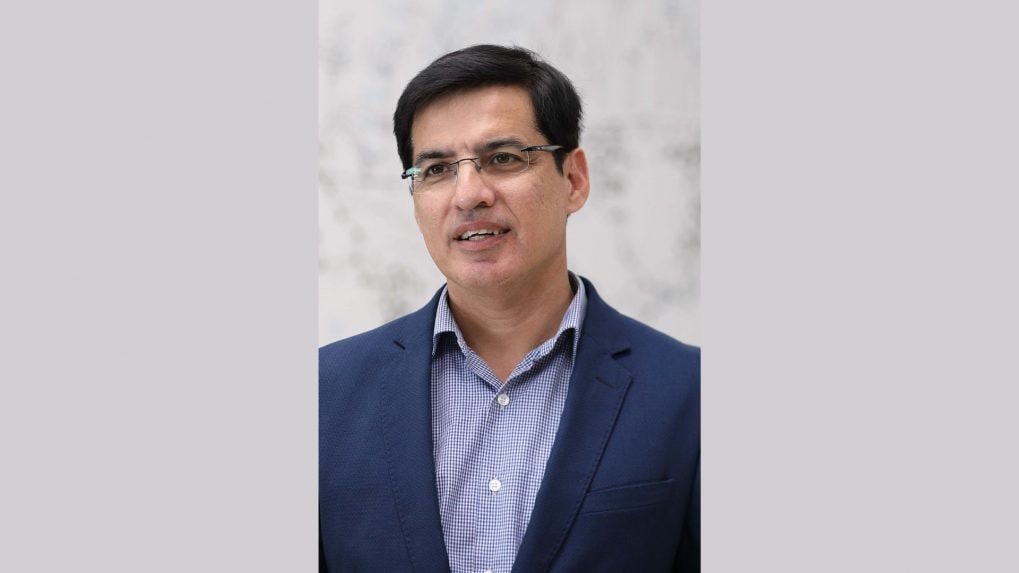Advertising
From Pink Slips to Silent Sidelining: Inside adland’s layoff and anxiety crisis

The 2025 Cannes Lions International Festival of Creativity is, naturally, abuzz with discussions about creative inspiration. After all, it’s the platform where the year’s most creative work gets awarded! However, as you navigate the cabanas and conversations on the Croisette, the evolution of AI and its impact on the future of marketing is unmistakably evident.
While the debate about how much of a creative hero AI really is, may still draw conflicting responses from marketers, there is consistent alignment shaping the new dialogue: the role of AI across the marketing life cycle and the opportunity it presents for the CMO to orchestrate the strategic growth agenda for business.
This evolution, therefore, also represents a progressive reimagining of AI’s role in marketing - improving productivity and democratizing creativity - but more importantly being the accelerator of marketing effectiveness and business growth.
It's serendipity that this technology leap is coming at a time when modern marketing must make sense of unprecedented complexity and change - customer journeys spanning multiple touchpoints, data flowing from multiple sources, and market dynamics shifting in real-time. While marketing fundamentals are timeless, traditional approaches no longer match the velocity of today's business environment.
AI has the potential to co-create solutions that do more than offer a head start on creativity. They amplify marketers in processing vast amounts of customer data, identifying patterns that human analysis might miss, and executing personalized campaigns at previously impossible scales. The result is a new genre of marketing that harnesses AI to combine creative vision with data-precision.
Marketers are growing into their role as -
Enterprise data leaders: There’s no AI without data and no data without the CMO, as the custodian of customer data, orchestrating it. The opportunity we have is to create integrated datasets for the organization. Marketers are starting to lead the conversation around investing in integrated technology architectures that provide complete 360-degree view of customer behavior. The payoff extends beyond better targeting. When creative teams have access to rich, real-time customer insights, their campaigns become more relevant, resonant, and ultimately more effective at driving the outcomes that businesses demand.
Experience creators and collaborators: While building out customer experience has always been in the marketing domain, co-creating it with other C-suite leaders has not. But AI changes all of that requiring a much more collaborative, cross-functional approach that wasn't previously necessary. When companies deploy AI-powered customer experiences, they must navigate complex technical infrastructure decisions, legal compliance issues around data privacy and algorithmic fairness, and significant budget considerations that span beyond marketing's typical purview.
This means that creating responsible AI-driven customer experiences now demands active involvement and partnership from the Chief Technology Officer for technical implementation, the Chief Legal Officer for regulatory compliance, and the Chief Financial Officer for resource allocation and risk management. Essentially, AI has transformed customer experience from a marketing-led initiative into an enterprise-wide strategic priority that requires C-suite alignment and collaboration.
Growth Orchestrators: Growth has always been a marketing priority, but attribution has been the biggest hurdle. AI plays a vital role here, processing complex data relationships to reveal how personalization at scale influence business metrics. With the clarity of metrics and insights that the AI-first culture brings, marketers are better connecting brand and marketing metrics to growth metrics. Performance marketing has always embraced the approach of measuring brand metrics, like campaigns driving preference, awareness, and consideration, alongside their correlation to market share gains, while simultaneously tracking funnel metrics and conversion rates that deliver immediate results. AI will significantly accelerate this agenda.
The debate around AI for marketing is of course nuanced and multidimensional, and slowly but surely marketers at Cannes are seeing that the future belongs to leaders who can think business, act creatively, and leverage AI strategically.
Sumit Virmani is Global Chief Marketing Officer, Infosys. Views expressed are personal.
From purpose-driven work and narrative-rich brand films to AI-enabled ideas and creator-led collaborations, the awards reflect the full spectrum of modern creativity.
Read MoreLooking ahead to the close of 2025 and into 2026, Sorrell sees technology platforms as the clear winners. He described them as “nation states in their own right”, with market capitalisations that exceed the GDPs of many countries.